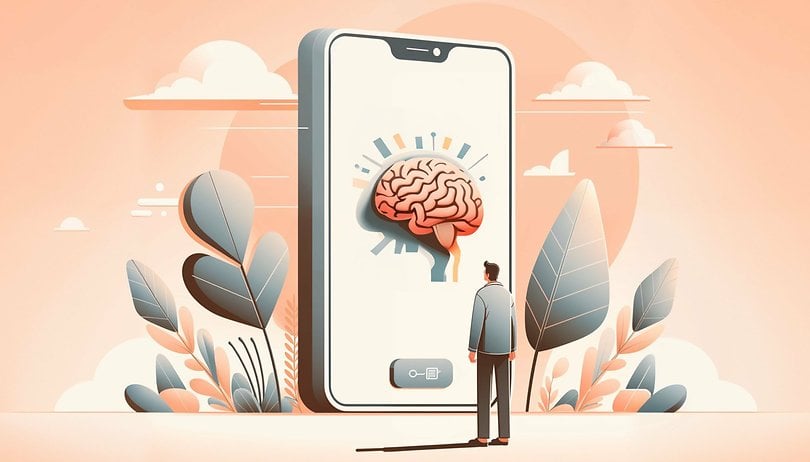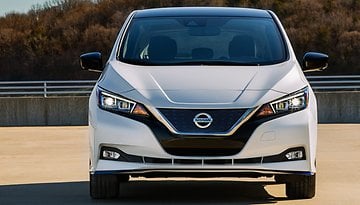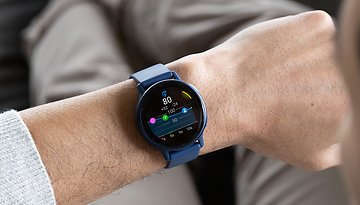Will the AI Age See a Flood of Subscription Models?


Samsung unveiled the Galaxy S24 series this week and has named its new smartphone the first "AI smartphone". According to the manufacturer, the AI features will be free until at least the end of 2025. What happens after that? Are we facing a new era of subscription models and microtransactions? It would not necessarily be too far from the truth.
Artificial intelligence can complete several hours of work in just a few seconds. However, this does not work locally, especially for more complex tasks such as image or even video processing. Media data or text instructions are sent from smartphones and notebooks to the cloud, which will then be processed on servers before being transferred to the devices due to a lack of locally available computing power. The energy requirement for this? Massive.
The energy consumption of Artificial Intelligence
Based on various studies, the internet has already overtaken global air traffic in terms of CO2 emissions over the past decade. Mankind has achieved this without widespread artificial intelligence. AI models will process data in the cloud and have to be trained using a huge amount of computing power and energy before the very first result can be produced. Of course, individual execution of the AI models also requires additional computing power.
To put this into perspective: a Google search corresponds to around 0.2 g of CO2 emissions, while a single message to ChatGPT corresponds to 4.32 g of CO2 according to Piktochart's calculation—which is around 20 times as much. A single image generated with Stable Diffusion also produces 1.6 g of CO2, although the associated study, unfortunately, did not mention the framework's conditions including possible solutions.
Initial training of the AI models themselves also requires enormous effort. According to a Stanford study (PDF), the CO2 equivalent for training ChatGPT 3 with 175 trillion parameters is around 300,000 kg, and more complex models will spew more CO2.
What is stated here as a CO2 equivalent with a strong focus on the ecological footprint naturally also has an economic component attached. In terms of electricity costs alone, the 300,000 kg CO2 of the ChatGPT-3 training corresponds to an energy consumption of 1,287 MWh. At the current electricity price of $0.165 cents KWh, that would amount to $212.355, the equivalent energy to drive a Tesla Model 3 around the world 156 times. Who would pay for this?

Artificial intelligence and privacy
If the service is free, you are the product. Google, Facebook, and others continue to be free because the operators Alphabet and Meta earn money from users. Profiles are created and targeted advertising space is sold based on search queries and likes.
However, what happens to all the data that we send to ChatGPT and other AI models? What happens to the photos that we upload to the cloud for editing, and theoretically are available worldwide? What about the data we will share with the next generation of even more powerful voice assistants via smart home speakers, smartwatches, or smart rings?
A study by the University of Washington does not bode well here. According to the study, data we share with Amazon's Alexa voice assistant, for instance, will also be passed on to a total of 41 third-party providers for advertising purposes as of 2022. ChatGPT also uses user conversations to further improve its AI model. Remember: When you initially registered with ChatGPT, you provided your phone number at the very least. Open AI's privacy policy also states that the company may pass your personal data to third parties without further notice.
Google, whose AI models Samsung also relies on for their Galaxy AI, wrote in its privacy policy, among other things:
We use your interactions with AI models and technologies like Bard to develop, train, optimize and improve these models to better respond to your requests. We also use them to update classifiers and filters to improve, for example, security, language understanding and accuracy.
The terms of use of Google AI for Developers then become clearer:
To improve quality and optimize our products, human reviewers may read, comment on, and process your API inputs and outputs. Google takes measures to protect your privacy during this process. This includes separating this data from your Google account and API key before it is viewed or commented on by reviewers. Do not submit sensitive, confidential or personal information to the Services.
Such caution is no accident. In recent months, there have been several reports of training data getting extracted from AI models. By asking users to repeat the same word over and over again, ChatGPT, for example, could be tricked into "leaking" training data. Perhaps unsurprisingly, Google's DeepMind, of all things, was involved in a corresponding study.
Whether it was intentional by the service provider or not, whenever we use AI services, we end up paying for them and possibly even dearly. As an alternative, I hope there will be subscription models or pay-per-use models that I pay for AI-based products. The most important thing is the terms and conditions need to be very clear, and a rigid privacy policy that explicitly excludes sharing of my data.
Of course, there is also the "risk" that providers charge money for their services and then end up being sloppy with our data or deliberately selling it later. In any case, if offers are subject to a charge, then you should be more careful before taking the plunge.













